Weighing 9 Perspectives on Saying Yes or No to COVID-19 Vaccination
As the world continues to grapple with the COVID-19 pandemic, the question of booster vaccinations has emerged as a critical point of discussion. Initially, vaccines were hailed as the silver bullet to end the pandemic, but the emergence of new variants and waning immunity over time has complicated the narrative. This has led to a global debate: should individuals opt for booster shots or not? The decision is not straightforward, as it involves weighing scientific evidence, ethical considerations, and personal circumstances. In this article, we will explore nine distinct perspectives that illuminate the complexities of making an informed decision about COVID-19 booster vaccinations.
Perspective One: The Science of Immunity
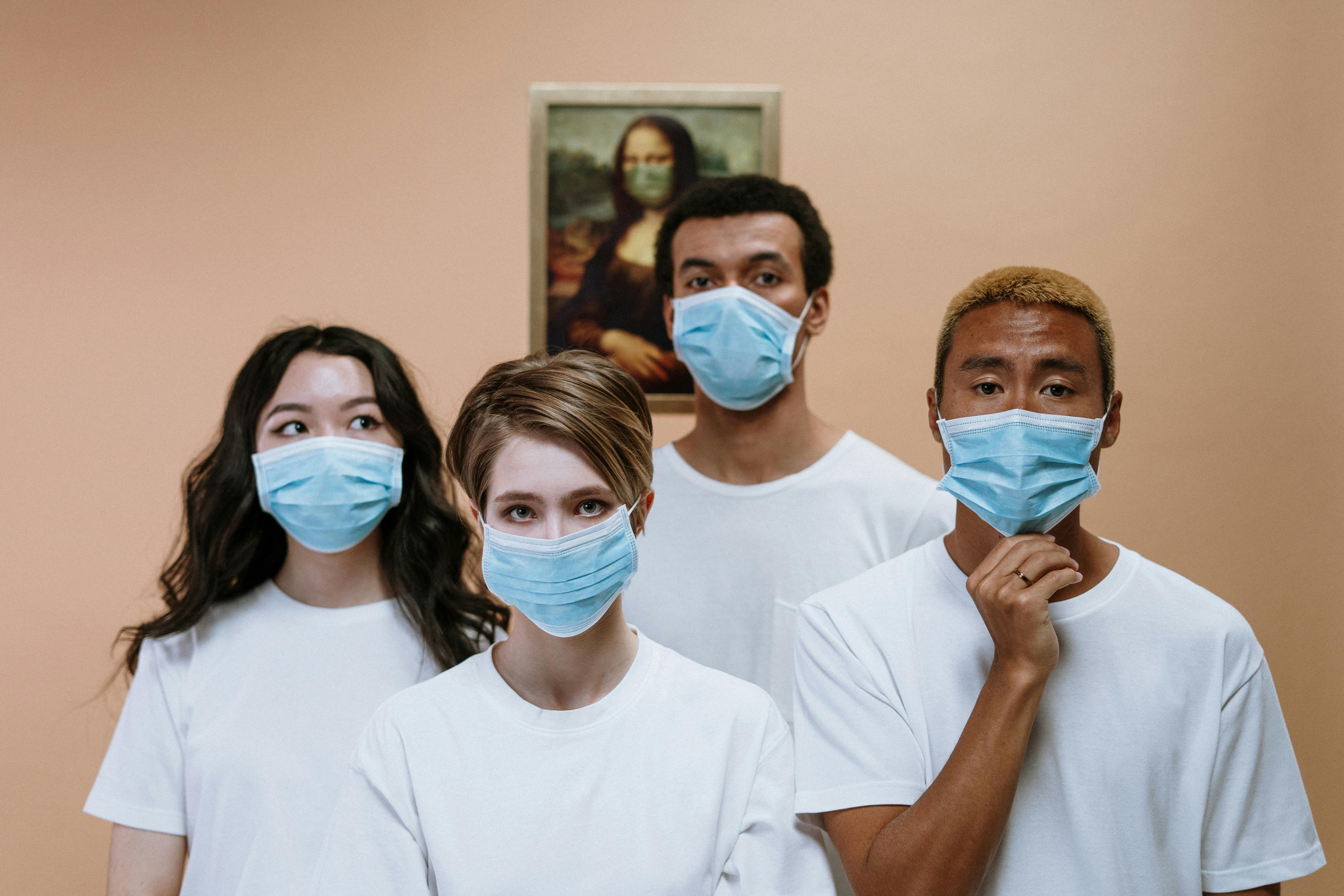
The scientific community has been instrumental in understanding how booster shots can enhance immunity. Studies have shown that while the initial vaccine doses provide robust protection, their efficacy can diminish over time, particularly against new variants. Boosters are designed to reignite the immune response, increasing antibody levels and potentially offering better protection against severe disease. However, the degree of benefit can vary based on factors such as age, underlying health conditions, and the specific variant in circulation. As research evolves, so does the understanding of how boosters fit into the broader strategy of managing COVID-19.
Perspective Two: Public Health Implications
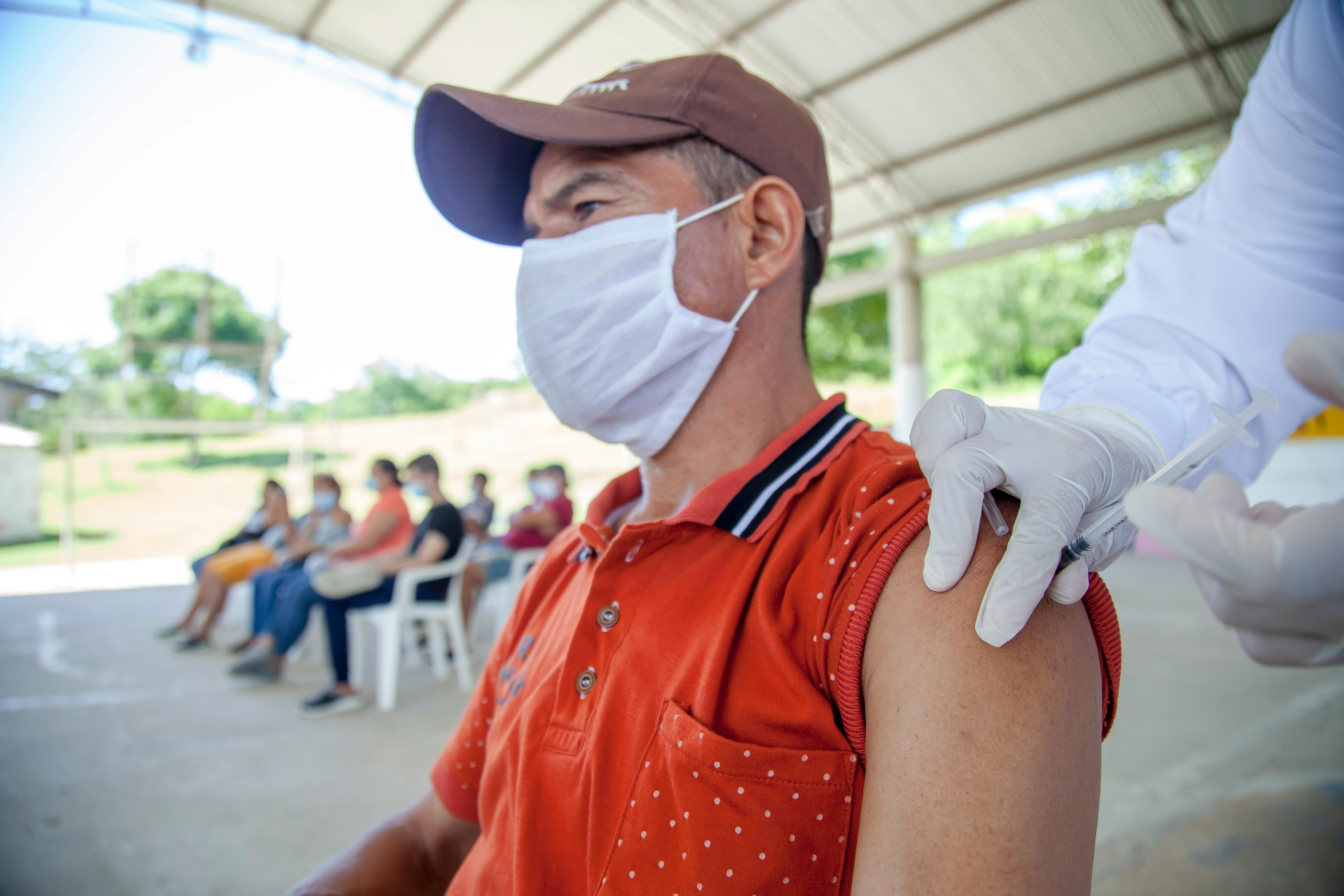
From a public health standpoint, boosters are seen as a tool to curb the spread of the virus, particularly in high-risk populations. By enhancing immunity, boosters can reduce transmission rates, hospitalizations, and deaths. This perspective emphasizes the collective benefit of widespread booster uptake, which could alleviate the burden on healthcare systems and contribute to achieving herd immunity. However, this approach must be balanced with ensuring equitable access to vaccines globally, as disparities in vaccine distribution can lead to prolonged outbreaks and the emergence of new variants.
Perspective Three: Ethical Considerations
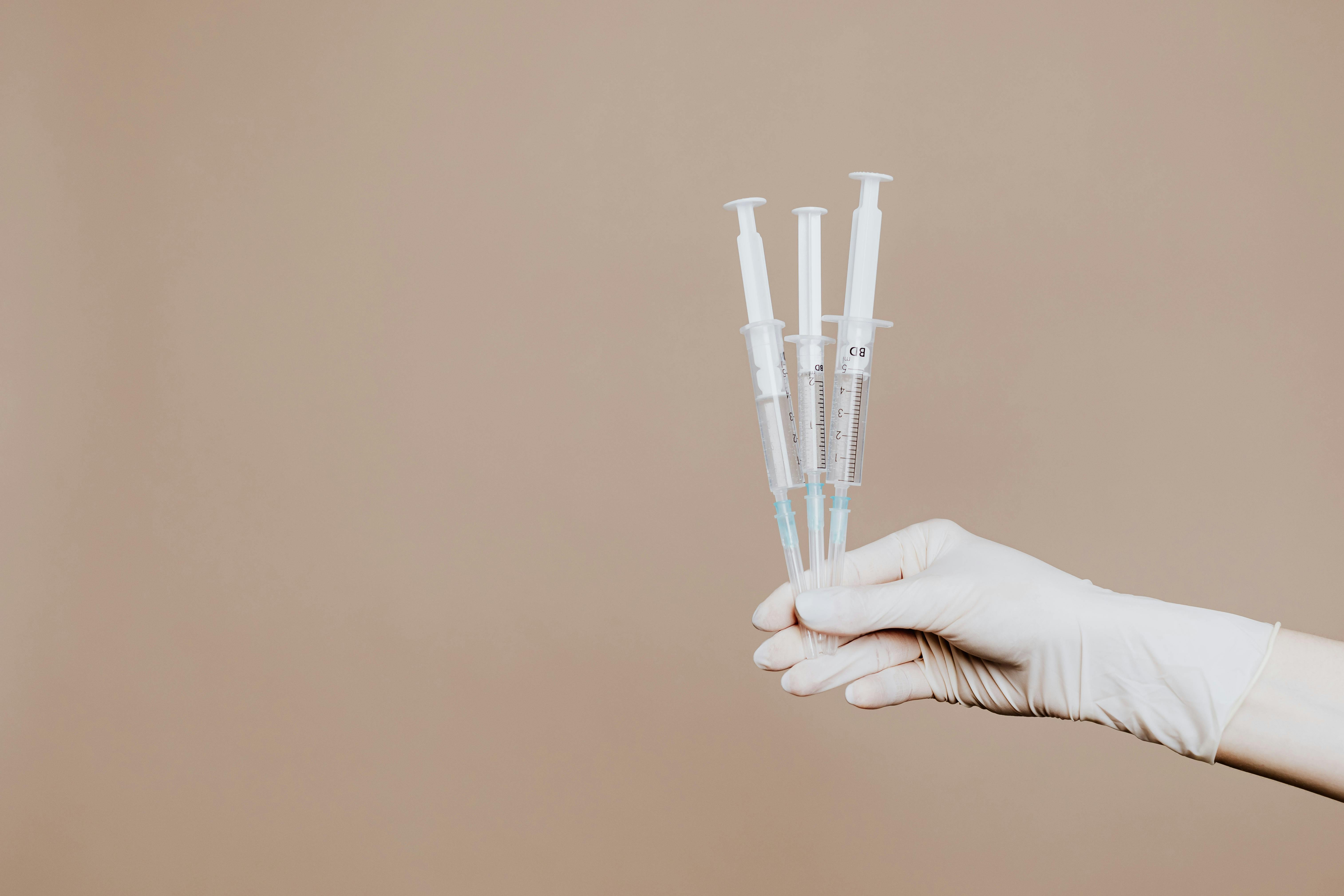
The ethical dimension of booster vaccinations raises questions about fairness and priority. With many countries still struggling to vaccinate their populations, the allocation of doses for boosters in wealthier nations has sparked debate. Should resources be directed towards boosting immunity in already vaccinated individuals, or should the focus remain on providing initial doses to those who have yet to receive them? This perspective challenges policymakers to consider the moral implications of their decisions and the potential impact on global health equity.
Perspective Four: Economic Factors
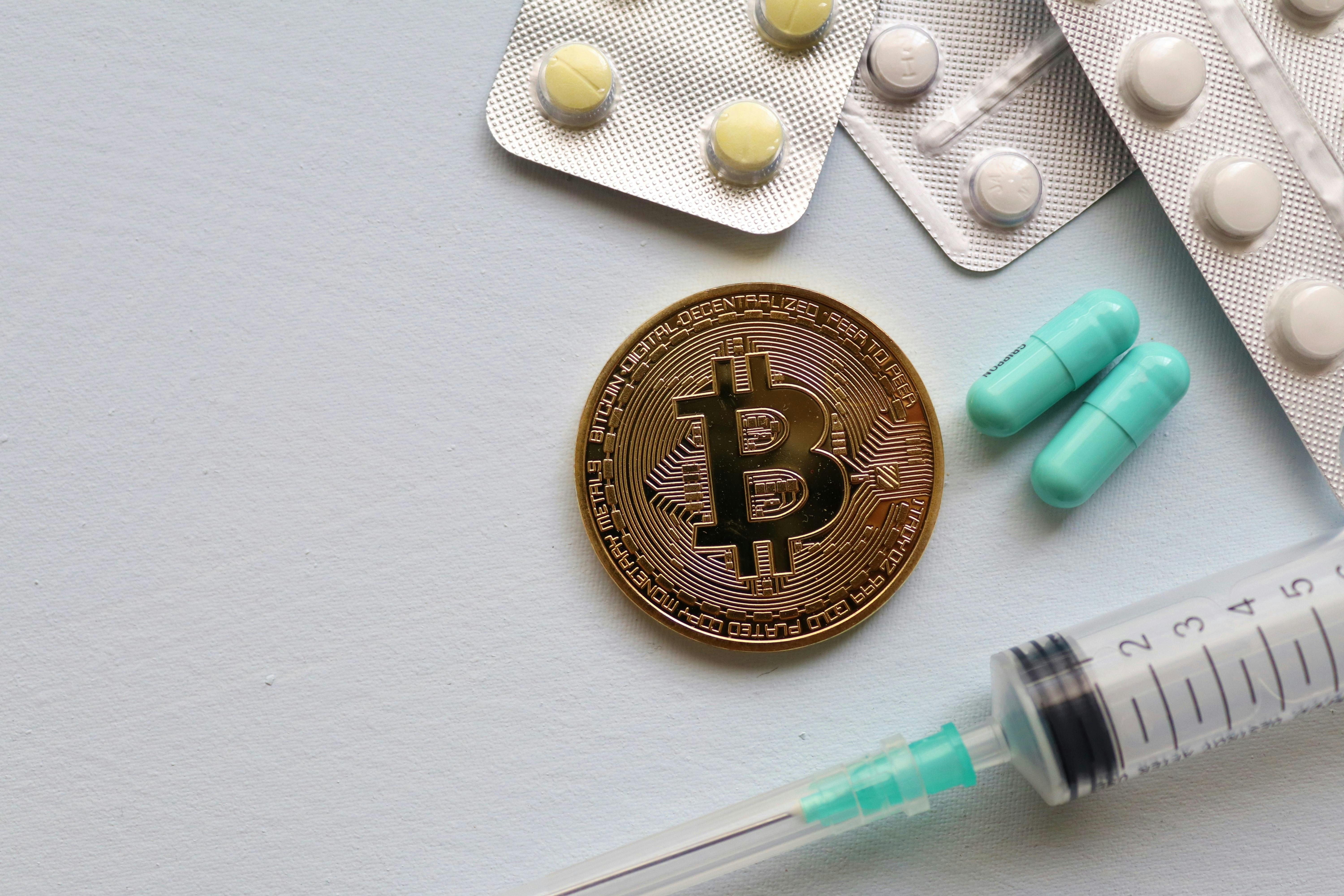
The economic ramifications of booster vaccinations are multifaceted. On one hand, widespread booster campaigns could prevent further economic disruptions by reducing the need for lockdowns and other restrictive measures. On the other hand, the cost of implementing such campaigns, including the production and distribution of additional doses, must be weighed against other public health priorities. Moreover, the economic impact of vaccine hesitancy and misinformation can affect uptake rates and ultimately influence the success of booster initiatives.
Perspective Five: Personal Health Decisions
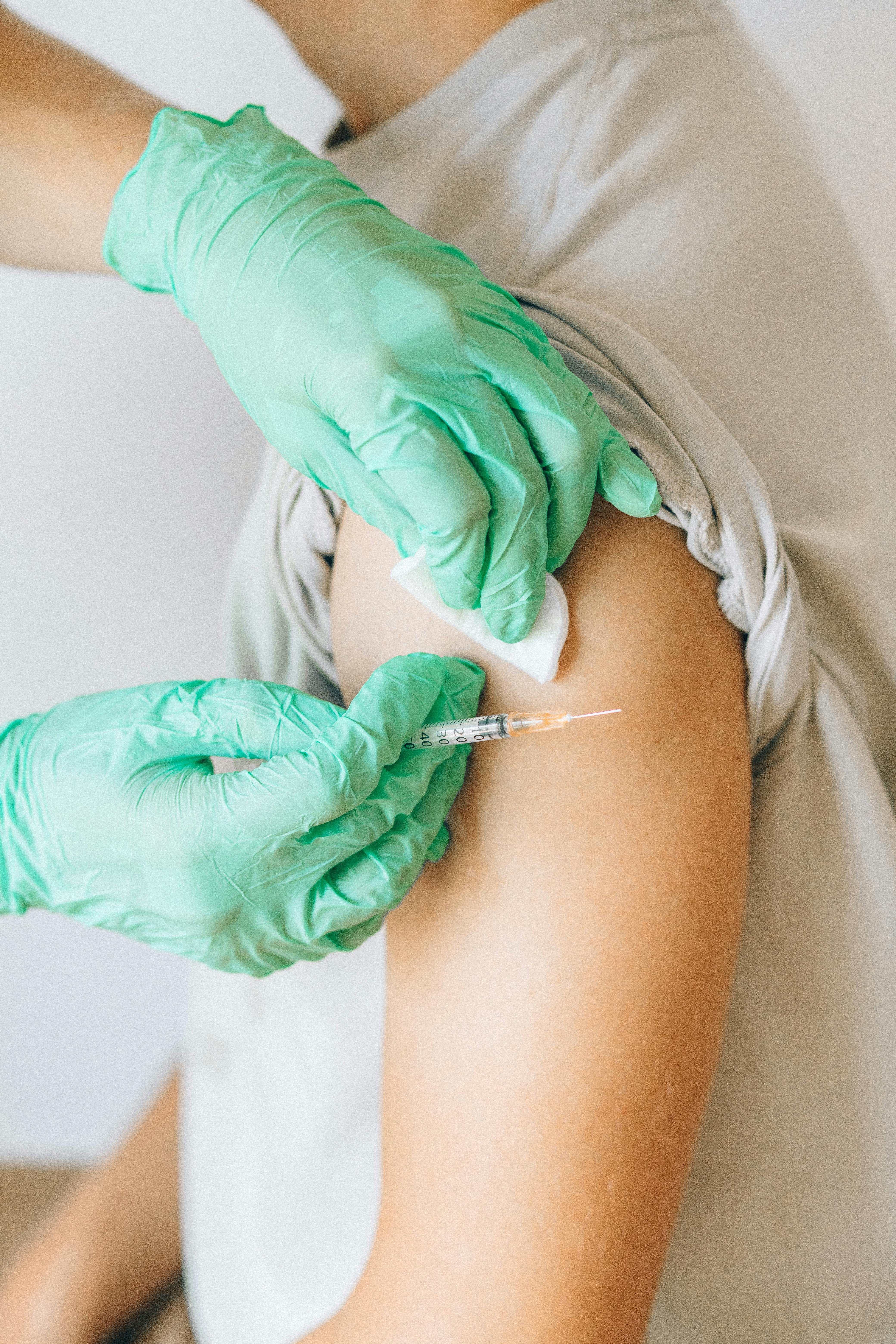
For individuals, the decision to receive a booster shot is often influenced by personal health considerations. Those with underlying health conditions, compromised immune systems, or who are in high-risk environments may prioritize boosters to safeguard their health. Conversely, individuals who have experienced adverse reactions to previous doses or who question the necessity of additional shots may be hesitant. Personal health decisions are deeply personal and can be affected by a myriad of factors, including access to reliable information and trust in healthcare providers.
Perspective Six: Vaccine Hesitancy
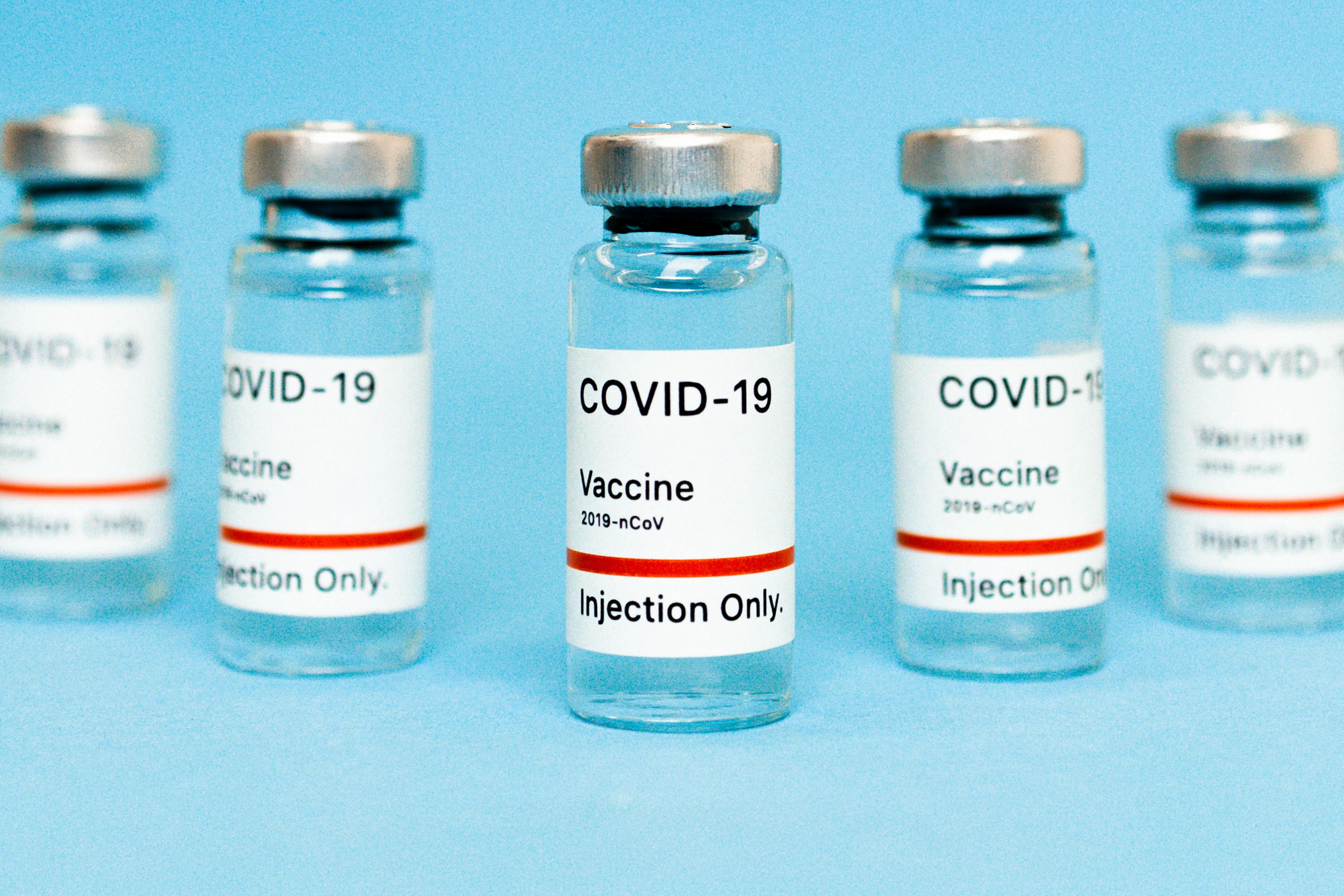
Vaccine hesitancy remains a significant barrier to booster uptake. Misinformation, mistrust in pharmaceutical companies, and concerns about long-term side effects contribute to skepticism. Addressing these issues requires targeted communication strategies that are transparent and culturally sensitive. Engaging with communities, addressing their concerns, and providing clear evidence of the benefits and safety of boosters can help mitigate hesitancy and encourage informed decision-making.
Perspective Seven: Global Vaccine Equity

The discourse on booster vaccinations cannot be separated from the broader issue of global vaccine equity. As wealthier nations roll out booster campaigns, many low- and middle-income countries continue to struggle with limited vaccine supplies. This disparity not only prolongs the pandemic but also increases the risk of new variants emerging. Global cooperation and equitable distribution of vaccines are crucial to ensuring that all countries can protect their populations and move towards pandemic recovery.
Perspective Eight: The Role of Policy
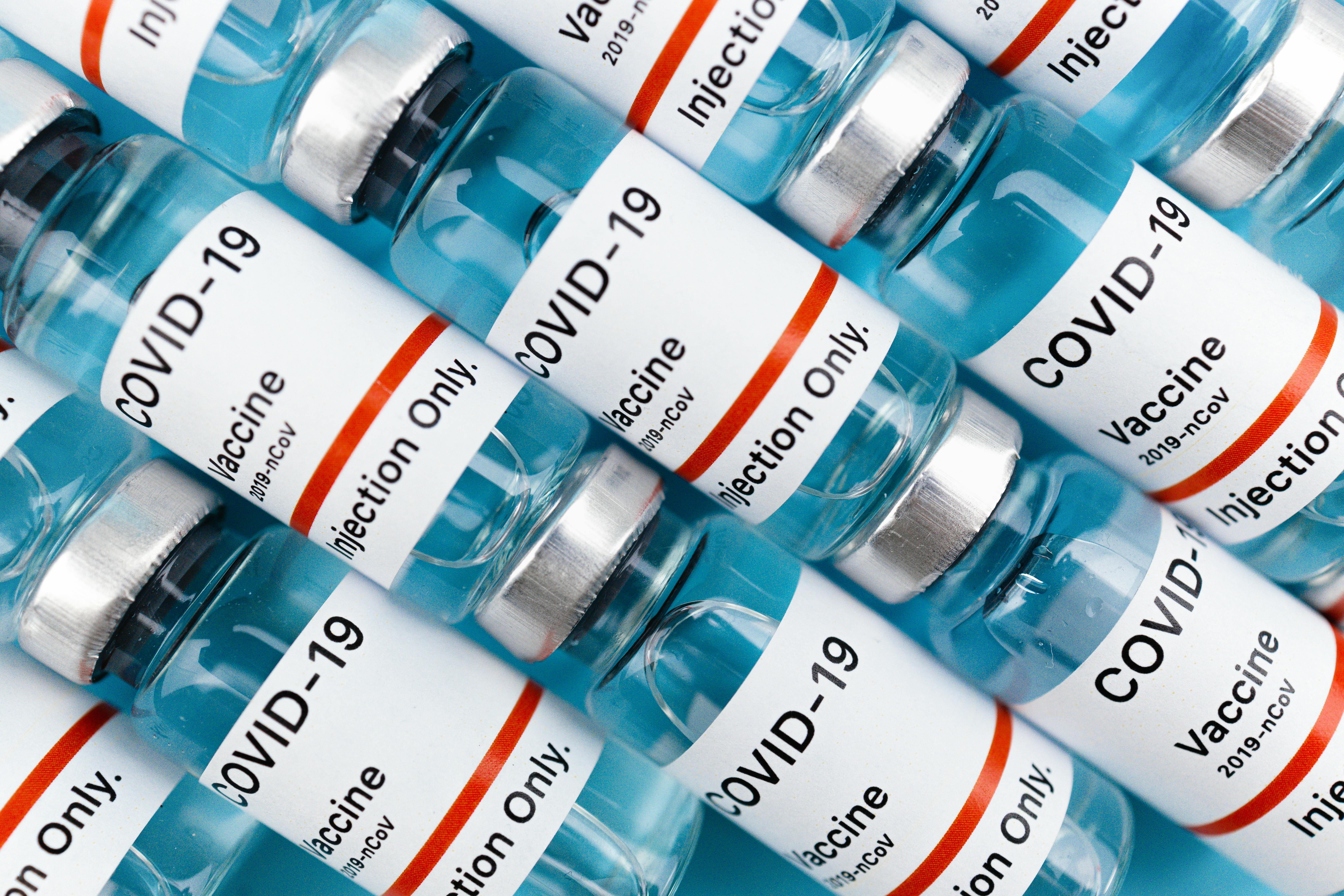
Government policies play a pivotal role in shaping booster strategies. Policymakers must balance scientific recommendations with logistical and ethical considerations. Decisions about who should receive boosters, when, and how often require careful planning and must be adaptable to new data and changing circumstances. Transparent communication and public engagement are essential to gaining public trust and ensuring the success of booster campaigns.
Perspective Nine: Future Outlook
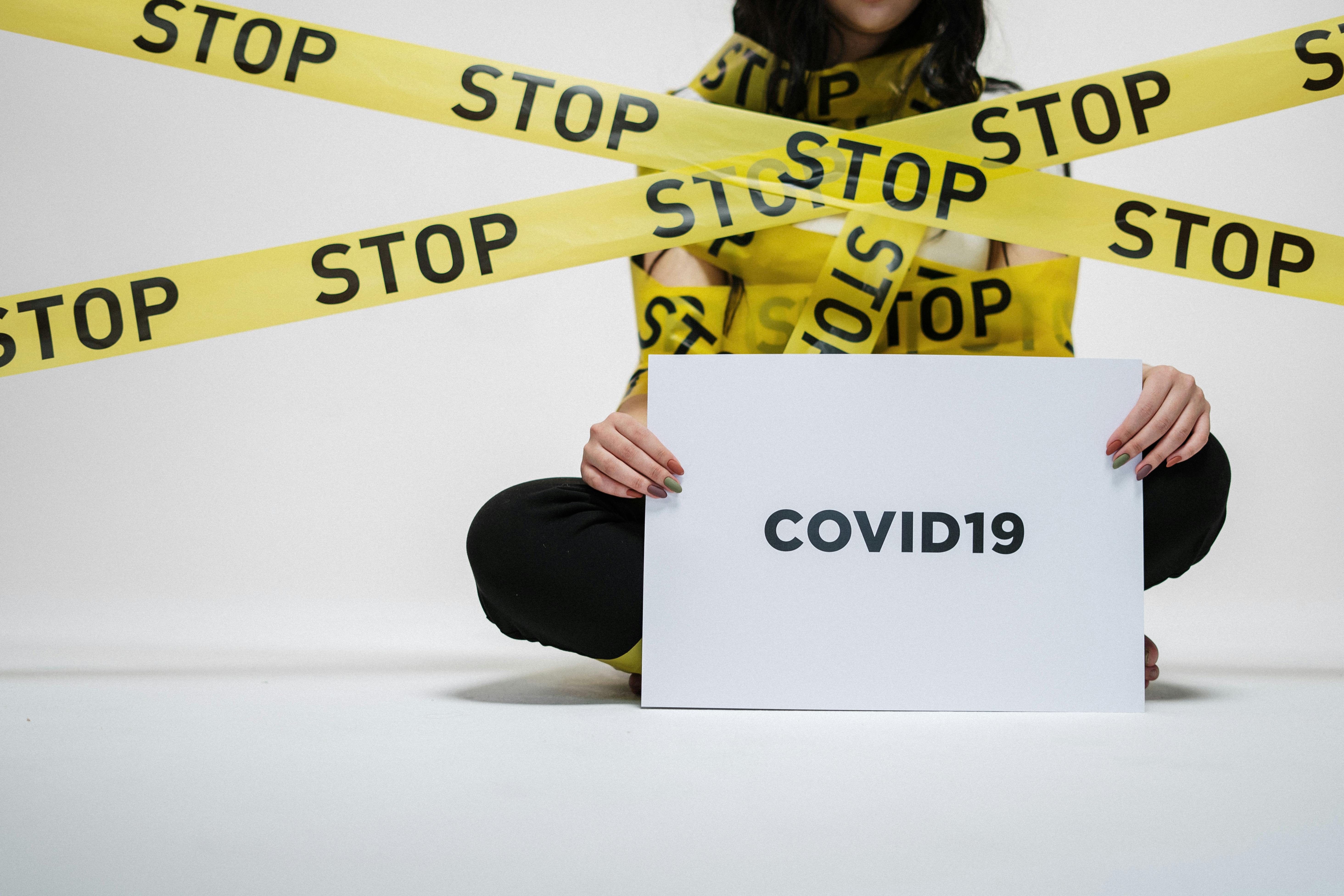
Looking ahead, the role of boosters in the long-term management of COVID-19 remains uncertain. As the virus evolves, so too must vaccination strategies. Continuous research and surveillance will be necessary to monitor the effectiveness of boosters and their impact on the pandemic trajectory. The future may involve regular booster shots, similar to annual flu vaccines, or the development of new vaccines that offer broader protection. Ultimately, navigating the booster dilemma requires a dynamic approach that considers the diverse perspectives and challenges outlined in this article.